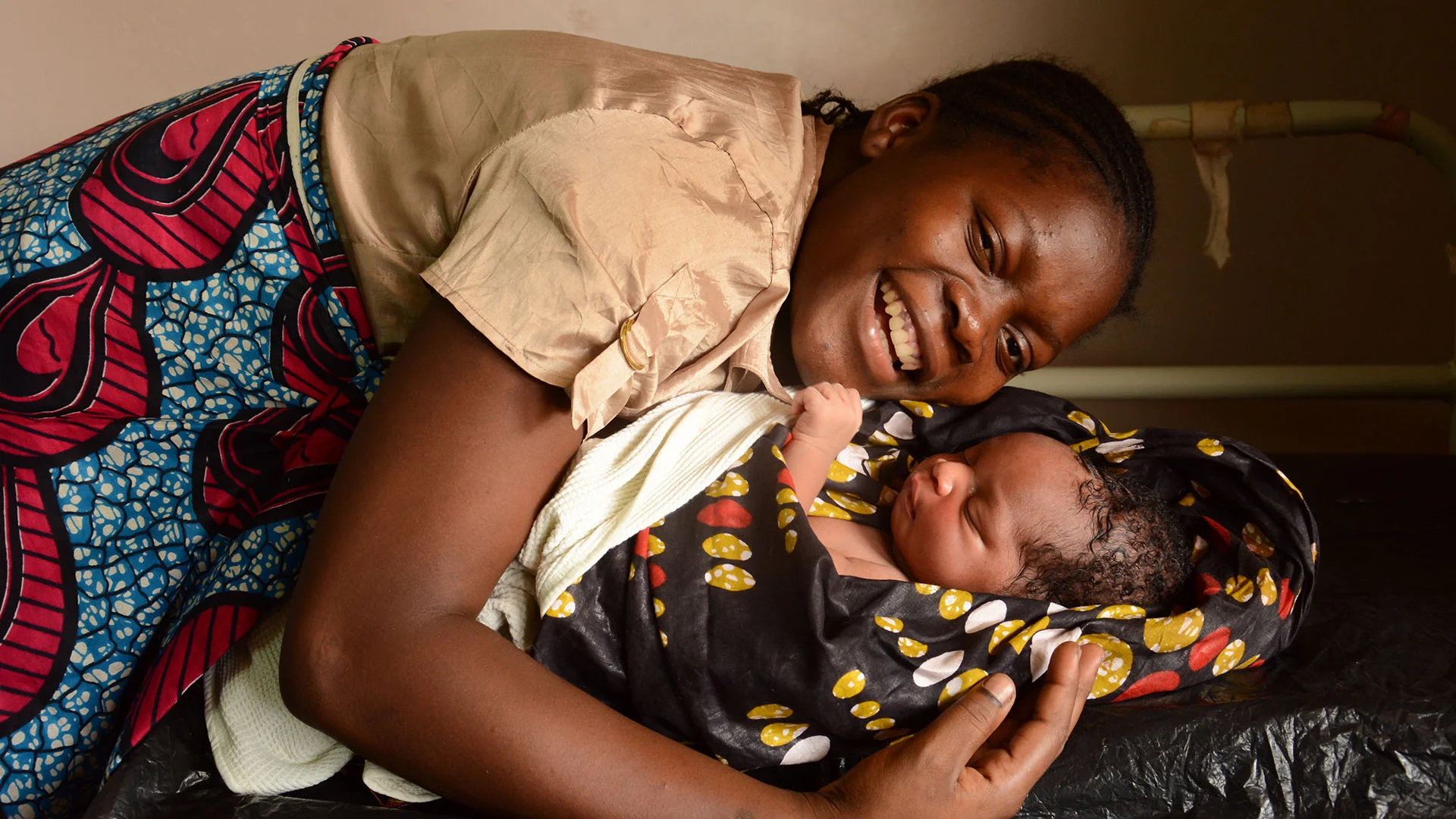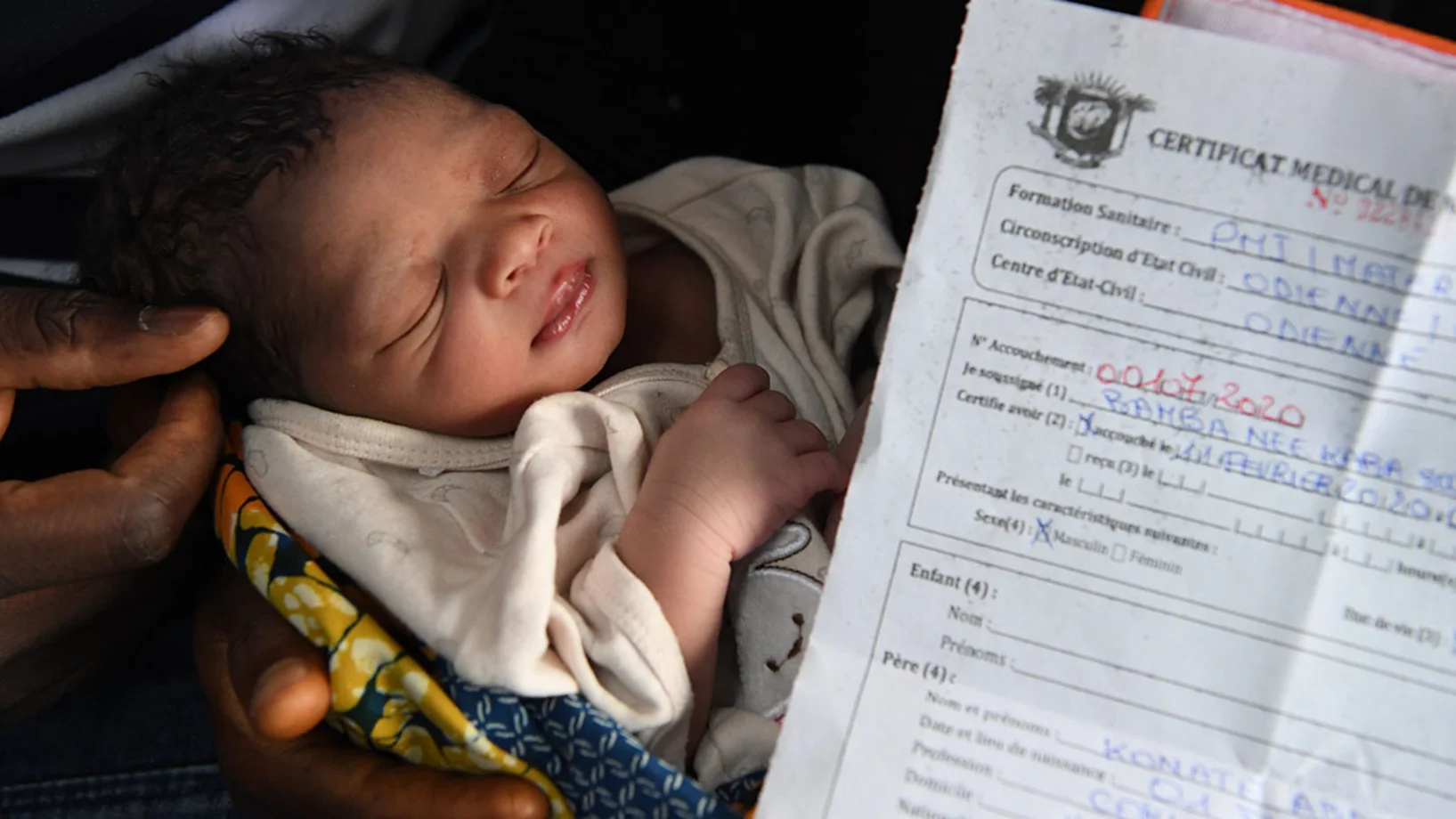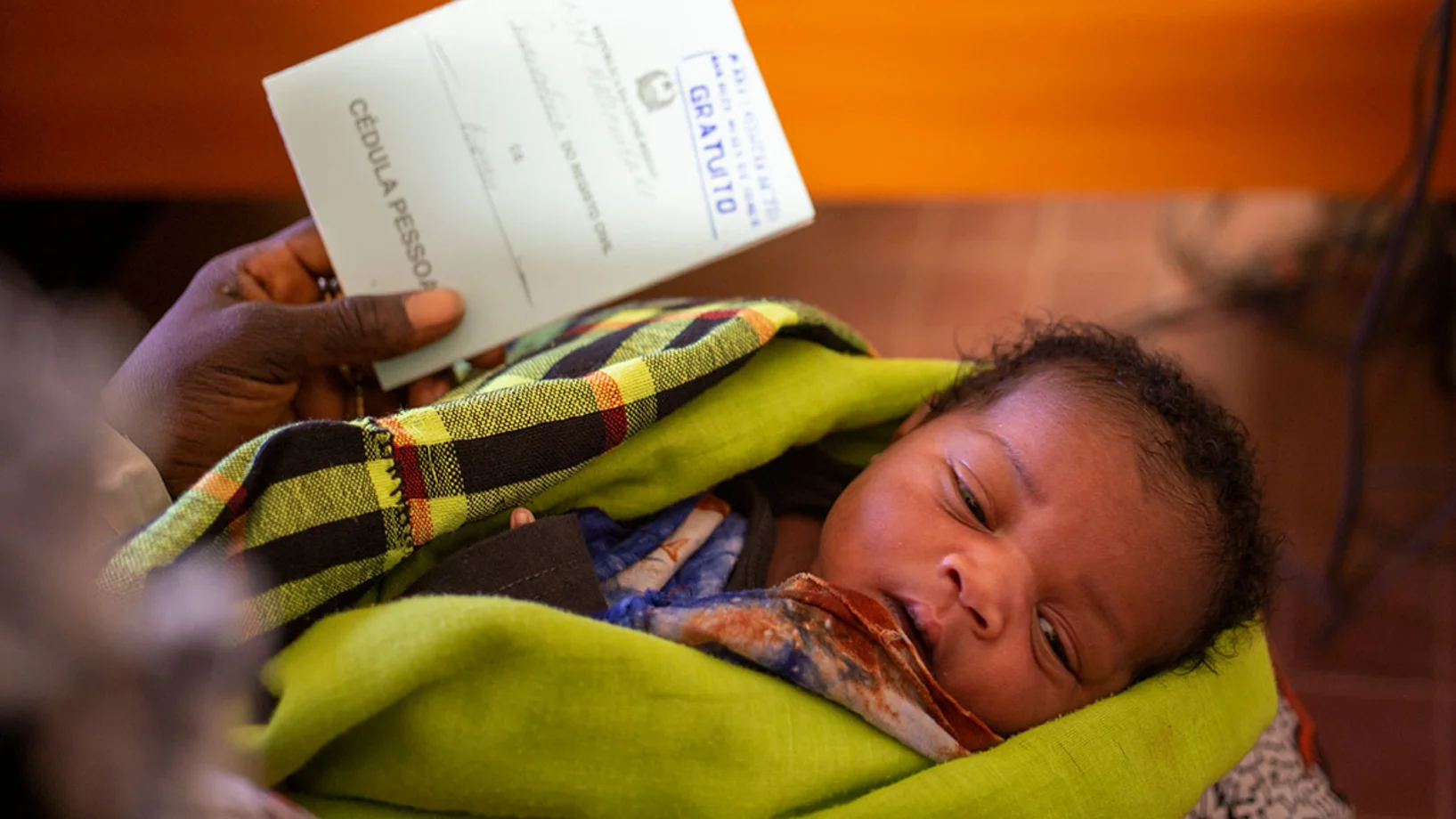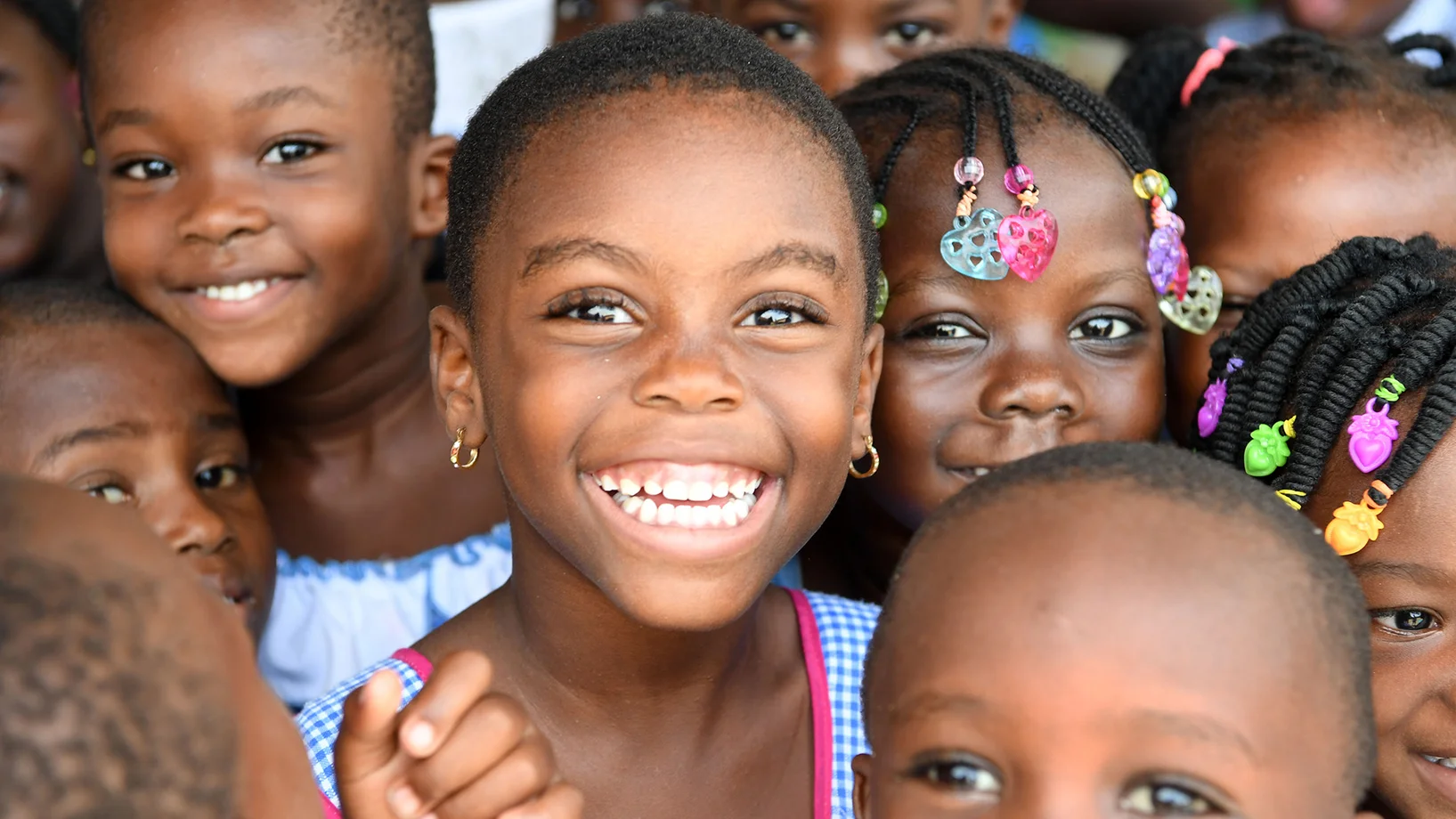In the landlocked south-east African nation of Malawi, fewer than 40 percent of children are registered at birth, and a far smaller percentage have a birth certificate. This blocks their access to government services. That is why UNICEF is working to make children in Malawi visible before the law.
The situation
Newborns who are not recorded in a birth register have no legal existence and are therefore at higher risk of exploitation, abuse and violence. Undocumented children also find it difficult or impossible to access public education and medical care, and the law also places obstacles in their path later on in life. Adults without a birth certificate cannot apply for passports, exercise civil and voting rights, open bank accounts, acquire property, inherit or officially travel.
The problem:low reporting rates for births in health facilities. Only 22 percent of births in health facilities are reported to a government agency, and far fewer still are recorded promptly in the electronic birth registration system. This is a huge missed opportunity, because:
- About 90 percent of all births occur in the country’s 645 health facilities;
- Antenatal checkups are conducted in more than 580 health facilities, where the message of birth registration could be emphasized;
- Immunizations for infants up to the age of 9 months at these health facilities also offer opportunities to refer children for birth registration.
How UNICEF helps
From July 2021 to December 2023, UNICEF Switzerland and Liechtenstein supported a program to increase the registration of births in Malawi. The objective was to cooperate with the Ministry of Health to improve the institutional mechanisms applied by the National Registration Bureau so that all births in the country can be registered by 2030. The focus fell on three selected districts (Kasungu, Mzimba and Zomba).
Together with the Ministry of Health, birth registration guidelines were drafted to ensure that a standardized process is implemented across the country. More than 600 healthcare workers in 254 health facilities were trained and given important know-how and skills in the process of registering births. This resulted in a 44 percent increase in the rate at which births are registered. During a mass registration campaign in 2022, 618,000 children under the age of 16 were registered in these three districts, and more than 95 percent of the registered children were issued a birth certificate.
Lasting change is needed if the objective of registering 100 percent of births is to be reached by 2030. UNICEF is continuing to support the Ministry of Health in various ways, such as
- digitalizing the birth registration system in more than 550 health facilities throughout the country;
- improving the birth registration skills of healthcare professionals, midwives, communal health workers and volunteers by providing training, mentoring, coaching and supporting supervision;
- procuring birth registration forms and blank birth certificates.



